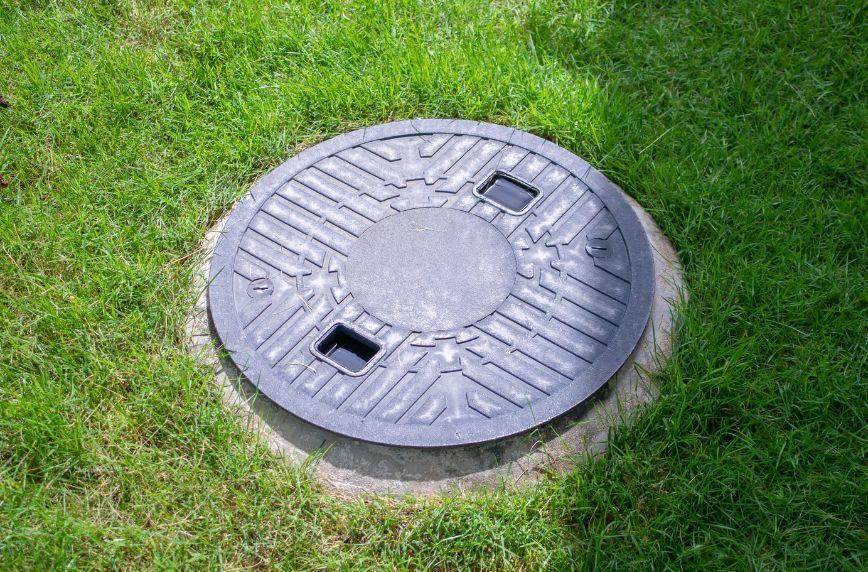How To Reduce the Smell of Your Septic Tank


Well just imagine you invite all your family & friends to your home for a luxurious party, they are all enjoying until they sniff a highly toxic smell coming from your kitchen where you have already made all the food & prepared classic beverages.
That would be something most embarrassing you’ll ever face. This problem of clogged septic tanks is often faced by homeowners. Through this guide, you’ll learn how to keep this septic tank smell out of your home & what can you do to overcome this situation.
Regular Maintenance:
Regular maintenance plays a critical role in keeping your septic system working for a good time limit. Pumping these septic tanks forcefully 4-5 times a week pushes all waste materials from the pipelines & ensures a proper liquid flow. Hence, no smell is built up & the drain field remains perfect.
Similarly, annual inspections also prevent big leaks & other serious issues. During inspections, check with the professionals so you can easily install the right-sized septic tank in your kitchen. This will result in preventing all bad smells from building up in your kitchen.
Proper Waste Disposal:
The smell of the septic system depends on what you throw into the pipelines and how often you clean the system. It is advised not to throw anything plastic, metal, and other greasy things that can stick up the pile and lead to toxic smells in the kitchen.
Furthermore, you must be capable enough to identify the signs of a clogged drain to overcome the smell issues. Once the bacteria build up in the pipes, no liquid flow remains possible. Therefore, considering this important, you must keep the pipelines clean & efficient for proper waste flow.
Water Usage Management:
Saving fresh water isn’t just about saving the environment & supporting human life. When you store too much water in your water tanks or your sinks for a long time, it builds up junk in it which leads to a toxic smell. The best thing you can do is to utilize this water properly without wastage by running inspections through dishwashers.
This ensures efficient water flow & prevents the smell from taking over your home kitchens.
Ventilation Check:
Ventilation is the unsung hero of septic tank maintenance. With a proper airflow system installed, the gases constantly get trapped inside your kitchen. Hence resulting in a strong & highly toxic cooking & decay smell in your home.
Be sure to regularly inspect the pipelines and gutter section for proper waste flow & gas emission through your home vent systems. It is done by removing excess leaves, grassroots, and other waste build-ups on time. Remember, a proper fresh air flow is essential to assist you live happily by removing the bad smells around you.
Use Bacteria Additives:
The final weapon in your odor-fighting arsenal is the use of septic-safe bacteria additives. These natural products can boost the biodegradation process in your tank, breaking down waste more effectively and reducing the smell. But don’t just throw in any additive; look for high-quality, professional-grade bacteria solutions.
Once a month, add a typically recommended dose to a toilet and flush. Your comfort is just a few thoughtful steps away. Our advice on how to reduce the smell of your septic tank is easy to implement yet formidable against unpleasant odors.
Remember, an inconspicuous stench can quickly become symptomatic of more significant issues lurking beneath the surface. Avoid the hassle of the most common home septic system problems, and keep your homestead smelling as sweet as can be.
In Conclusion:
To stop a smelly clogged septic tank, it's best to take action early. Taking care of your home by cleaning, throwing away waste properly, using water wisely, and making sure there is enough fresh air will make your home feel nicer and welcoming. Adding good bacteria helps to make sure that you feel comfortable and at ease for a long time.
